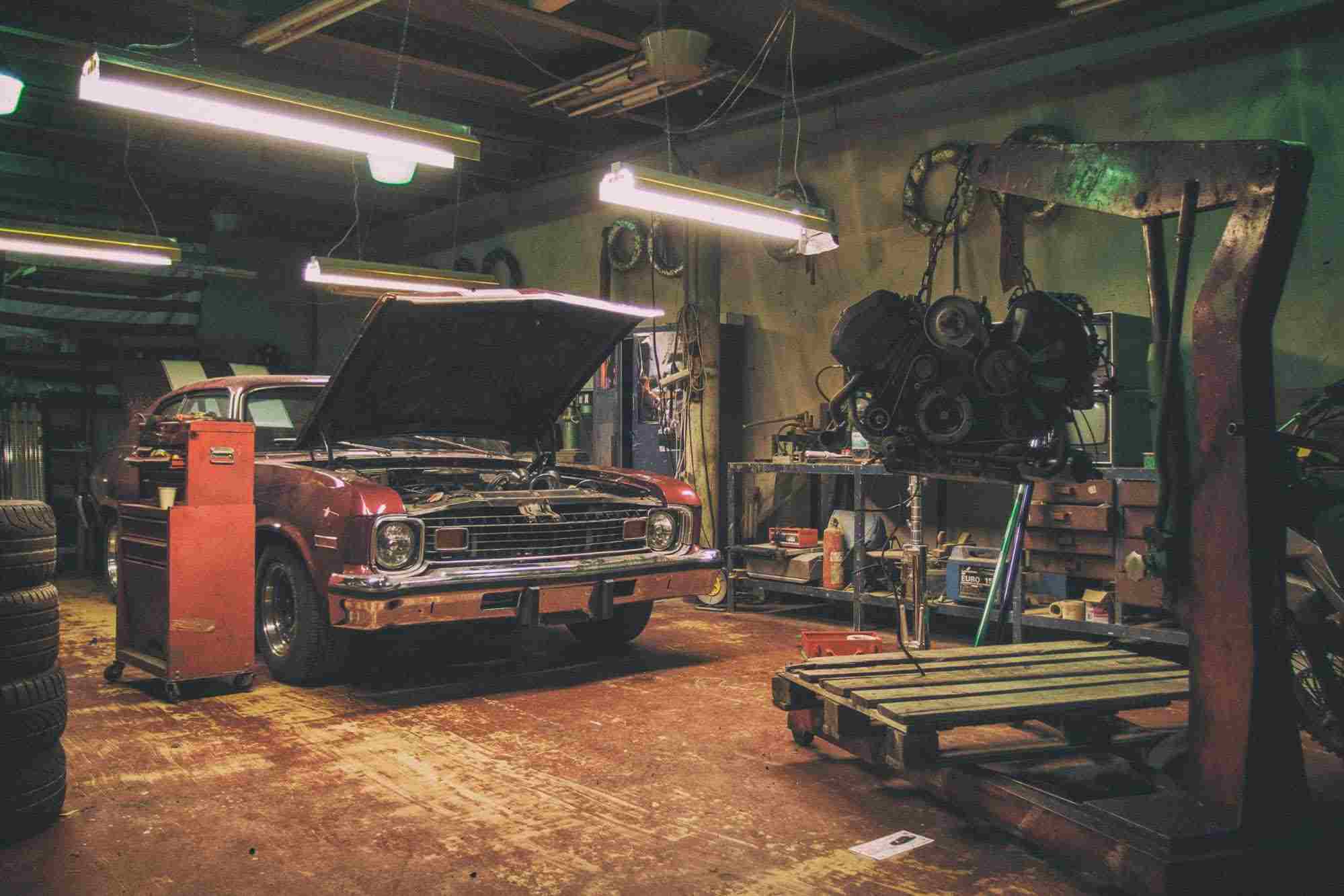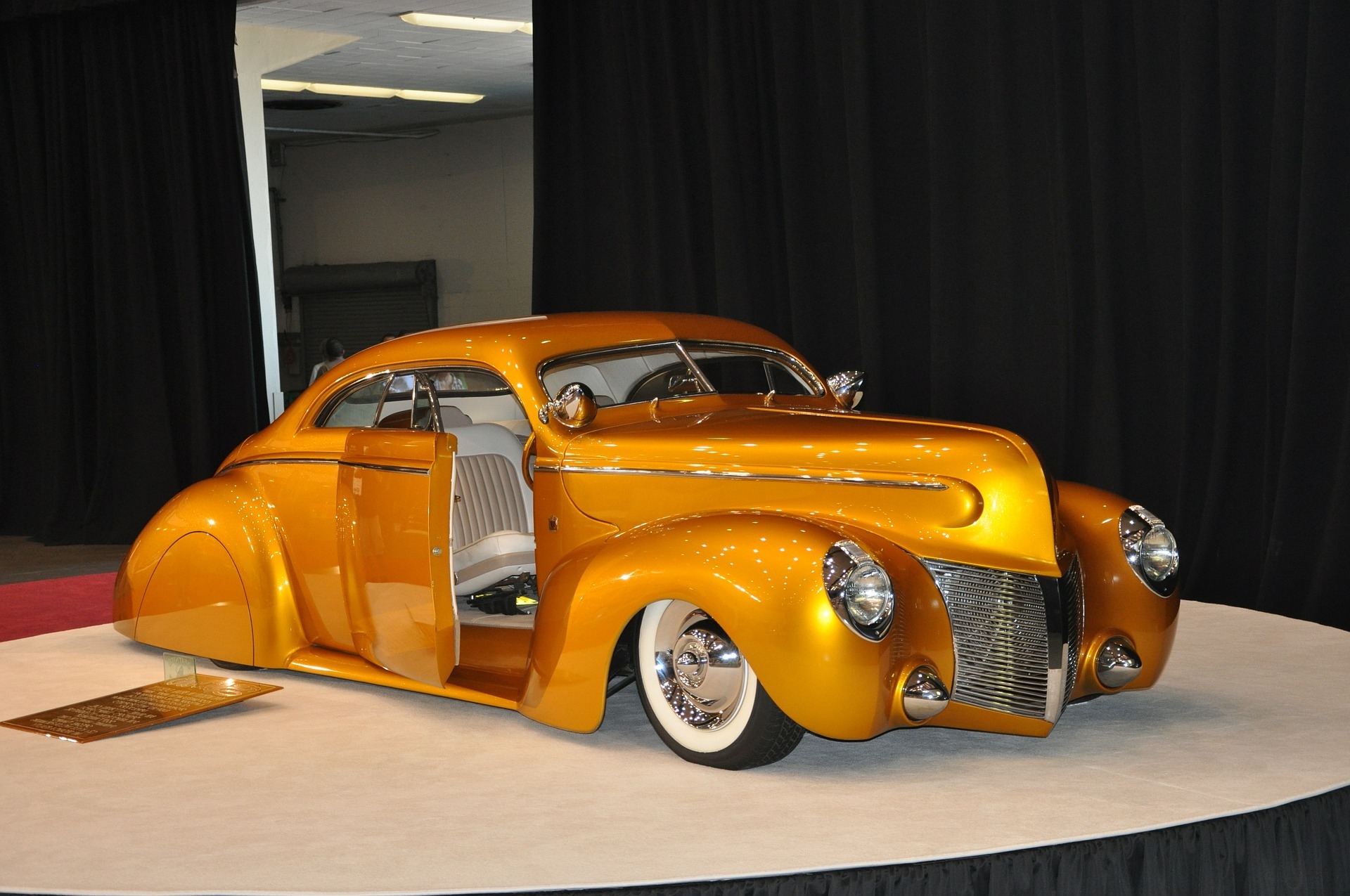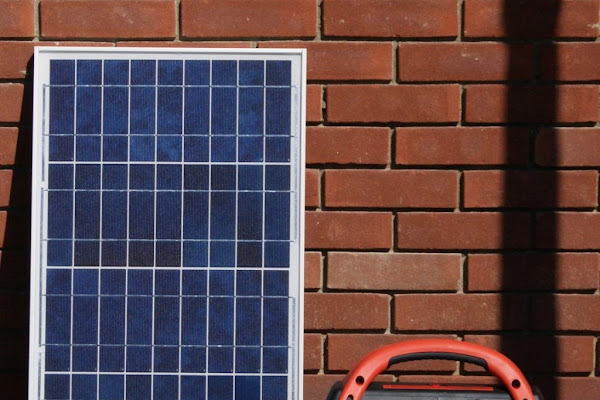Classic Car Restoration Classes: A Comprehensive Guide to Rejuvenating Vintage Vehicles
Immerse yourself in the captivating world of classic car restoration classes, where enthusiasts and aspiring professionals alike embark on a journey to breathe new life into automotive masterpieces. With hands-on experience, expert guidance, and a deep dive into restoration techniques, these classes empower individuals to preserve and appreciate the timeless allure of classic cars.
Whether you’re a seasoned enthusiast seeking to expand your skills or a novice eager to explore the intricacies of classic car restoration, these classes provide a comprehensive foundation for success.
Introduction
Classic car restoration is a popular hobby for those who appreciate the beauty and history of these vehicles. Restoring a classic car can be a rewarding experience, as it allows you to bring a piece of automotive history back to life.
In addition, classic cars can be a valuable investment, as they often appreciate in value over time.
The growing popularity of classic car restoration classes has made it easier for people to learn the skills necessary to restore these vehicles. These classes typically cover topics such as bodywork, paint, mechanics, and electrical systems. Taking a classic car restoration class can be a great way to learn about these vehicles and to develop the skills necessary to restore one of your own.
Allure of Classic Car Restoration
There are many reasons why people are drawn to classic car restoration. For some, it is the challenge of taking a dilapidated vehicle and restoring it to its former glory. Others enjoy the satisfaction of knowing that they have created something beautiful and unique.
Still others appreciate the history and craftsmanship of classic cars.
Whatever the reason, classic car restoration is a popular hobby that can be enjoyed by people of all ages and backgrounds. It is a great way to learn about history, mechanics, and art. It can also be a rewarding investment.
Benefits of Classic Car Restoration Classes
Classic car restoration classes offer a multitude of advantages for aspiring and experienced enthusiasts alike. These classes provide a comprehensive and hands-on approach to the art of classic car restoration, empowering participants with the knowledge and skills to breathe new life into vintage automobiles.
Practical Skills and Hands-on Experience
One of the primary benefits of classic car restoration classes is the invaluable hands-on experience they offer. Students gain practical knowledge in various aspects of restoration, including:
- Metal fabrication and welding
- Bodywork and paint preparation
- Mechanical repairs and engine rebuilding
- Electrical system troubleshooting
- Interior restoration and upholstery
These hands-on experiences enable students to develop a deep understanding of the restoration process, allowing them to confidently tackle future projects.
Networking and Industry Connections
Classic car restoration classes also provide excellent networking opportunities. Students have the chance to interact with like-minded individuals, share knowledge, and build valuable connections within the industry. These connections can lead to future collaborations, mentorship opportunities, and access to exclusive resources.Instructors in these classes are often seasoned professionals with extensive experience in the field.
They share their insights, techniques, and industry best practices, providing students with invaluable guidance and support.
Types of Classic Car Restoration Classes
Classic car restoration classes vary widely in their level of difficulty, focus, and duration. Here is a table outlining some of the most common types of classes:
| Class Level | Focus | Duration | Examples of Institutions |
|---|---|---|---|
| Beginner | Introduction to classic car restoration, basic tools and techniques | 1-2 days | LeMay
|
| Intermediate | Specific car models, advanced restoration techniques | 3-5 days | British Motor Industry Heritage Trust, Classic Car Restoration Club of America |
| Advanced | Concours-level restoration, metal fabrication, paint and bodywork | 6-12 weeks | Northwood University, Universal Technical Institute |
Curriculum and Learning Objectives
Classic car restoration classes typically follow a structured curriculum designed to provide students with a comprehensive understanding of the restoration process. The curriculum is divided into three levels: beginner, intermediate, and advanced.
Each level has specific learning objectives that build upon the knowledge and skills acquired in previous levels.
The balance between theoretical knowledge and practical application varies depending on the level of the class. Beginner classes focus more on theoretical knowledge, providing students with a foundation in the history of classic cars, restoration techniques, and safety procedures. Intermediate classes introduce more practical application, allowing students to work on actual classic cars under the guidance of experienced instructors.
Advanced classes focus on specialized restoration techniques and project management, preparing students for professional-level restoration work.
Beginner Level
- History of classic cars
- Identification of classic car models
- Basic restoration techniques
- Safety procedures
- Tools and equipment
Intermediate Level
- Advanced restoration techniques
- Bodywork and paint
- Mechanical restoration
- Electrical systems
- Project planning and management
Advanced Level
- Specialized restoration techniques
- Concours-level restoration
- Project management
- Business aspects of classic car restoration
- Advanced welding and fabrication
Tools and Equipment Required

Classic car restoration requires a wide range of tools and equipment to perform various tasks, from disassembly and repair to painting and detailing. Using specialized tools designed for specific restoration processes is crucial to ensure accuracy, efficiency, and safety.
Proper handling techniques and safety precautions are essential to prevent accidents and injuries. Always wear appropriate safety gear, such as gloves, safety glasses, and a respirator when necessary. Additionally, ensure your workspace is well-ventilated and free of potential hazards.
Essential Tools and Equipment
- Hand tools:Wrenches, screwdrivers, pliers, hammers, punches, chisels, and measuring tools (calipers, micrometers, rulers)
- Power tools:Drills, grinders, sanders, polishers, and air compressors
- Welding and cutting equipment:Welding machines (MIG, TIG, or arc), cutting torches, and grinders
- Bodywork tools:Sheet metal shears, hammers, dollies, and body fillers
- Painting equipment:Spray guns, airbrushes, compressors, and paint mixing equipment
- Detailing tools:Brushes, cloths, polishes, and waxes
- Safety gear:Gloves, safety glasses, respirators, and earplugs
Restoration Techniques and Methods
Classic car restoration involves a wide range of techniques and methods, each tailored to the specific needs of the vehicle being restored. From repairing bodywork to rebuilding engines and restoring interiors, classic car enthusiasts must master a variety of skills to achieve professional-quality results.
Bodywork Repair
Bodywork repair is a crucial aspect of classic car restoration, as it involves restoring the vehicle’s exterior to its original condition. This process typically involves removing rust, dents, and other imperfections, as well as repainting the vehicle to match its original color and finish.
Skilled bodywork technicians use specialized tools and techniques to ensure that the repaired areas are seamless and indistinguishable from the original bodywork.
Industry Trends and Advancements

The classic car restoration industry is constantly evolving, with new technologies and materials emerging to impact restoration practices. One notable trend is the increasing use of 3D printing for creating replacement parts. This technology allows for the production of complex and custom-made parts that were previously difficult or impossible to obtain.Another trend is the growing emphasis on sustainability and environmental consciousness in classic car restoration.
Restorers are increasingly using eco-friendly materials and techniques to minimize the environmental impact of their work. For example, water-based paints and low-VOC solvents are becoming more common, and restorers are exploring the use of recycled and sustainable materials in their projects.
Career Opportunities in Classic Car Restoration

Classic car restoration offers a range of career paths, providing opportunities for skilled individuals to work in a specialized and rewarding field.
Roles and Responsibilities, Classic car restoration classes
Classic car restorers are responsible for the preservation and restoration of classic vehicles to their original condition or a desired level of customization. Their duties include:
- Inspecting and assessing vehicles for restoration needs
- Disassembling and rebuilding engines, transmissions, and other components
- Repairing or replacing damaged or missing parts
- Performing bodywork, paint, and upholstery restoration
- Maintaining and servicing restored vehicles
Classic car technicians assist restorers with specialized tasks, such as:
- Engine rebuilding and tuning
- Electrical system repairs
- Fabrication and welding
- Upholstery and interior restoration
Shop owners manage classic car restoration businesses, overseeing operations, hiring staff, and marketing their services. They may also be involved in sourcing vehicles for restoration and selling restored vehicles to customers.
Job Market and Earning Potential
The job market for classic car restorers is influenced by factors such as the popularity of classic cars, the availability of skilled labor, and economic conditions. In general, there is a high demand for skilled classic car restorers, as the number of classic vehicles on the road continues to grow.Earning potential in this field varies depending on factors such as experience, skill level, and location.
Experienced classic car restorers can earn a comfortable living, with some earning six-figure salaries. Shop owners typically earn more than employees, as they are responsible for managing the business and taking on additional risks.
Resources for Classic Car Restoration
Classic car restoration is a rewarding hobby or profession that requires a variety of skills and knowledge. There are many resources available to help classic car restorers, including online forums, clubs, and organizations. These resources can provide restorers with information on restoration techniques, parts suppliers, and upcoming events.
Networking with other classic car enthusiasts is also important for staying up-to-date with industry best practices. Restorers can connect with other enthusiasts through online forums, social media, or local car clubs.
Online Forums
- Classic Car Forums:This is a popular online forum for classic car enthusiasts. The forum has sections on a variety of topics, including restoration, maintenance, and parts.
- The H.A.M.B.:This is another popular online forum for classic car enthusiasts. The forum has a large community of active members who are willing to share their knowledge and experience.
- ClassicCars.com:This website has a forum where classic car enthusiasts can discuss restoration techniques, parts suppliers, and upcoming events.
Clubs and Organizations
- Antique Automobile Club of America (AACA):The AACA is a national organization for classic car enthusiasts. The club offers a variety of services to its members, including restoration advice, parts discounts, and insurance.
- National Street Rod Association (NSRA):The NSRA is a national organization for street rod enthusiasts. The club offers a variety of services to its members, including restoration advice, parts discounts, and insurance.
- Horseless Carriage Club of America (HCCA):The HCCA is a national organization for enthusiasts of pre-1916 automobiles. The club offers a variety of services to its members, including restoration advice, parts discounts, and insurance.
Final Thoughts

As you delve deeper into the world of classic car restoration, you’ll not only gain invaluable practical knowledge but also become part of a vibrant community of passionate individuals dedicated to preserving automotive history. Embrace the opportunity to connect with like-minded enthusiasts, learn from industry experts, and witness the transformative power of restoration firsthand.
Query Resolution: Classic Car Restoration Classes
What are the benefits of enrolling in classic car restoration classes?
Classic car restoration classes offer numerous benefits, including hands-on experience, practical skill development, networking opportunities, and access to industry professionals.
What types of classic car restoration classes are available?
Classes vary in level (beginner, intermediate, advanced), focus (specific car models, techniques, etc.), and duration. Reputable institutions offering these classes include the National Automotive Restoration School, McPherson College, and the British Motor Industry Heritage Trust.
What tools and equipment are essential for classic car restoration?
Essential tools and equipment include welders, grinders, sanders, wrenches, and specialized bodywork tools. It’s crucial to use specialized equipment and follow safety precautions for optimal results.

